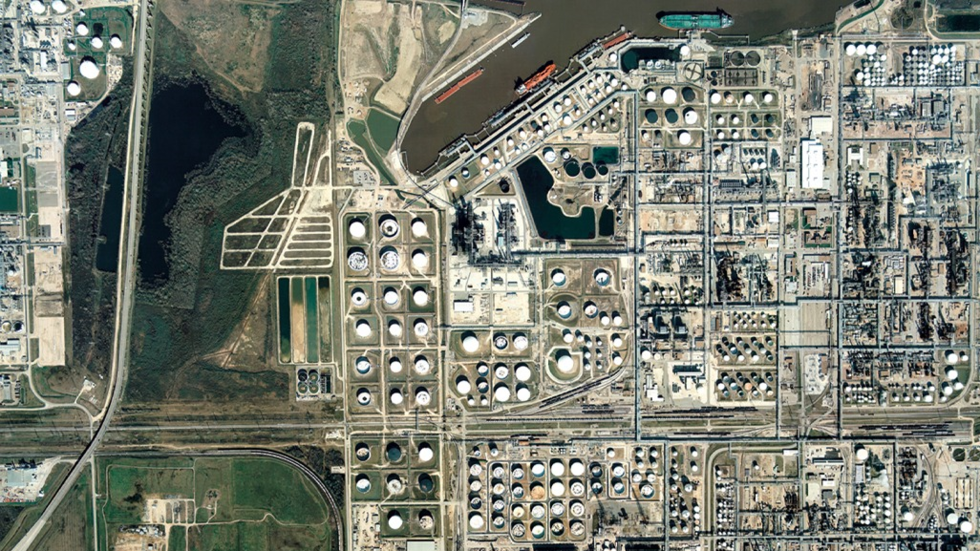On October 11, 2024, a serious chemical accident at the Deer Park oil refinery in Texas captured national attention, as local authorities were compelled to issue shelter-in-place orders due to a significant hydrogen sulfide spill. The incident, which unfolded around 4:40 PM, resulted in the tragic deaths of two individuals and injuries to five others. The refinery is owned by the Mexican state petroleum company Pemex, and reports suggest the spill occurred when a contractor accidentally opened a line containing the highly toxic gas. While local authorities have confirmed one fatality, the second victim’s body was reportedly airlifted from the scene, raising concerns over the severity of the leak and the effectiveness of chemical safety protocols at the refinery.
In response to this alarming situation, residents of Deer Park and the nearby city of Pasadena were urged to remain indoors to protect themselves from potential exposure to hydrogen sulfide, a substance known for its harmful effects on human health, including fatal consequences in high concentrations. Authorities recommended that residents close their windows and doors and turn off their air conditioning systems as a precautionary measure. Amid the anxiety surrounding the spill, the company asserted that no adverse effects on the community had been reported, although the situation prompted immediate emergency responses to mitigate the leak’s impact.
Pemex, in addressing the incident, highlighted proactive measures taken to contain the situation, such as stopping operations at specific units within the refinery and conducting safety venting equal to established protocols. Nonetheless, the unfortunate deaths and injuries raise questions about the safety practices in place at industrial chemical facilities, particularly in light of the increasing number of accidents reported during this administration. This incident not only highlights the inherent dangers associated with the oil refining industry but also the urgent need for rigorous safety standards to prevent such tragedies from occurring in the future.
The Deer Park accident serves as a stark reminder of the potential risks posed by chemical spills, especially in residential areas where the threat to public health can escalate quickly. Environmental experts assert that hydrogen sulfide is particularly dangerous because it can cause immediate health issues such as respiratory distress, loss of consciousness, and even death with prolonged exposure to elevated concentrations. The gravity of the situation has prompted wider public discourse about chemical safety enforcement and corporate accountability in the oil refining sector, which is often scrutinized for its environmental safety practices.
In light of the incident, community members expressed outrage and concern for the wellbeing of workers and families living near the refinery. Many residents are left wondering about the potential long-term impacts of chemical exposure on their health and the integrity of local environmental conditions. As a response to growing public concerns, local officials may implement stricter regulations and community awareness programs to better inform residents about hazards and safety procedures during industrial accidents.
As investigations into the Deer Park chemical spill continue, the community and authorities will likely demand comprehensive answers regarding the circumstances that led to the accident and the potential implications for the area. The tragic loss of lives serves as a catalyst for examining and improving safety standards within the petrochemical industry in Texas and beyond, reinforcing the notion that proactive measures and stringent safety regulations are not only necessary but imperative to ensure the protection of workers and communities in proximity to such environments.

